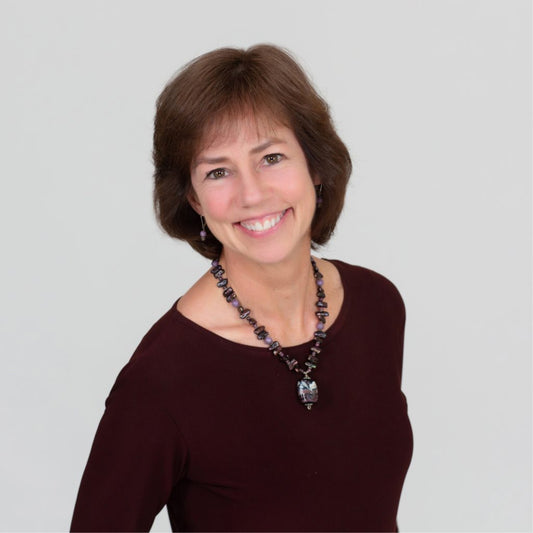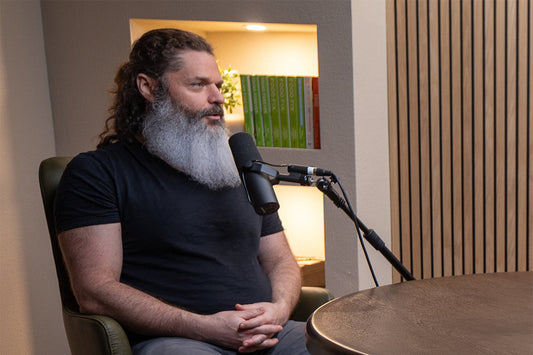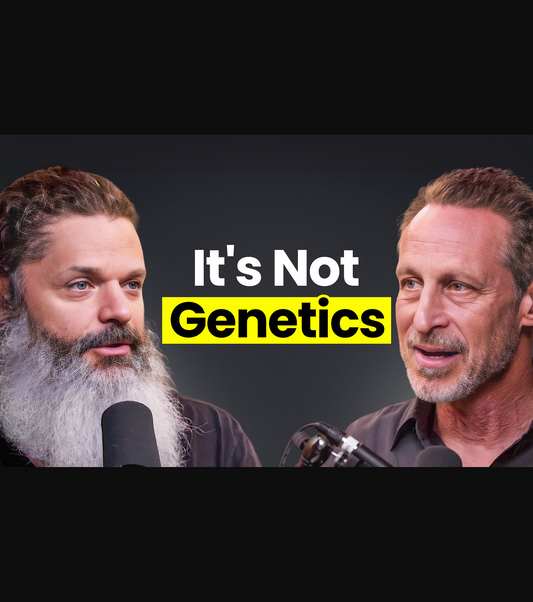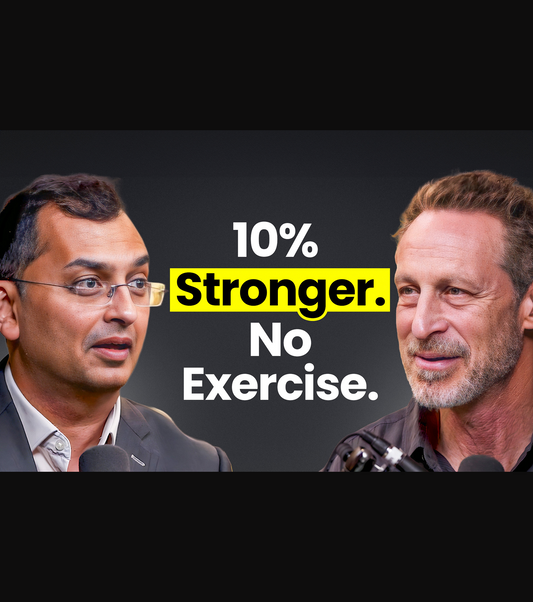Overview
Before I became a doctor, I actually studied Buddhism. I wanted to understand the root of human suffering, and through that understand the way to creating happiness. I realized that by becoming a doctor, I could help people alleviate suffering in multiple ways. Better yet, through Functional Medicine, I could get to the root cause of why the body is struggling and correct it from the ground up. My interest in Buddhism was sparked when my sister took me, at just 15 years old, to a lecture by Professor Robert Thurman, the leading American expert on Tibetan Buddhism.
My life has never been the same, and I was thrilled to sit down and tell him that on this episode of The Doctor’s Farmacy. Our spirited conversation kicks off with an explanation from Robert of the 4 Noble Truths of Buddhism. In understanding these we can be liberated from suffering and follow the path of happiness. There are actually many similarities in this methodology with that of Functional Medicine, which Robert and I dig into throughout our talk.
I was curious and inspired to hear Robert’s take on COVID-19. He shares how we can use Buddhism as a lens for navigating this difficult time, whether we are directly or indirectly impacted. He shares his personal experience in learning to manage difficult emotions so they couldn’t manage him, something I think we can all learn a lot from during this time. For those of you completely new to Buddhism we also get into some great resources and so much more.
I hope you’ll tune in.
Listen to Robert’s podcast at https://bobthurman.com/bob-thurman-podcast/










